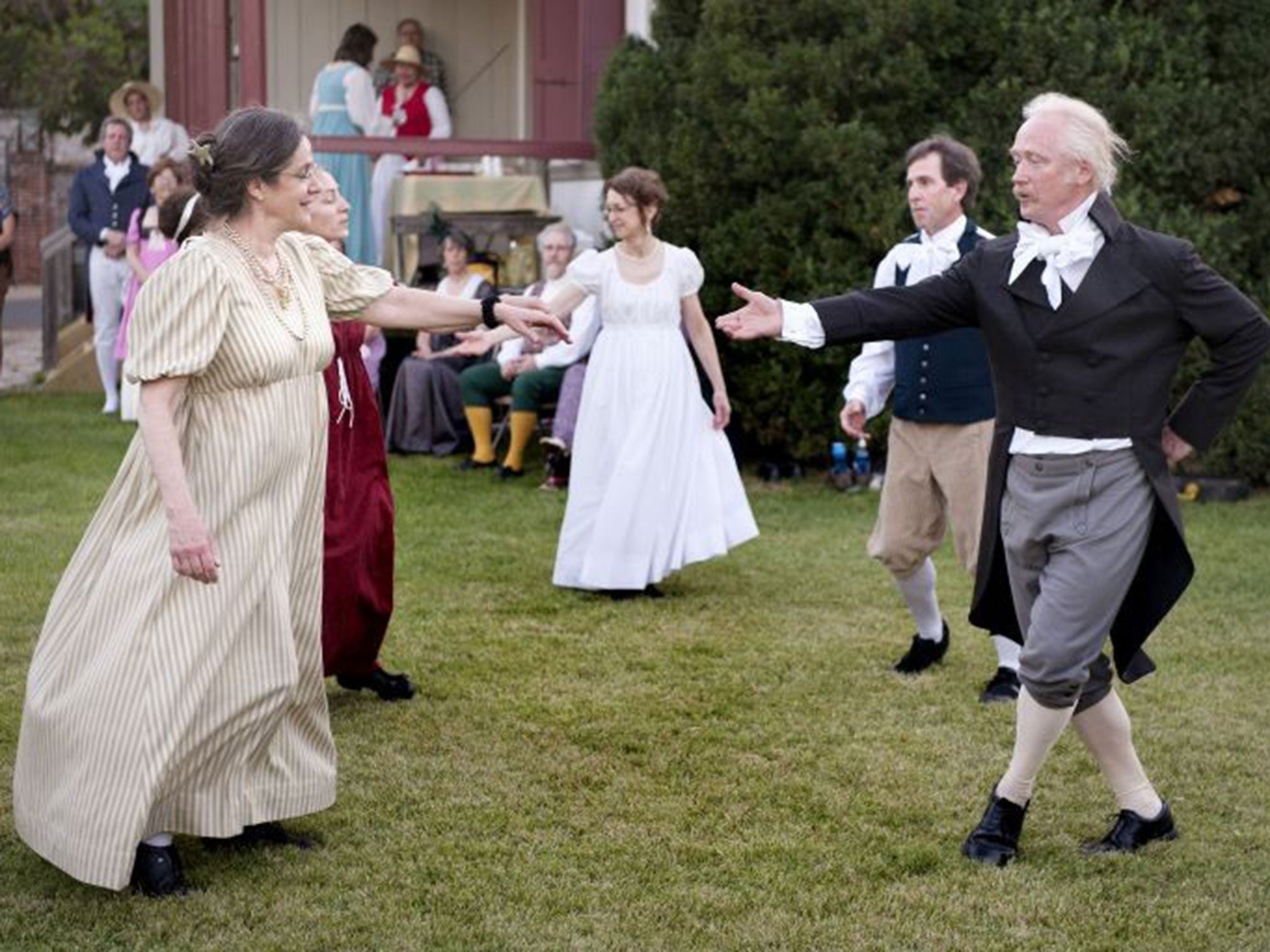Researchers race to save Missouri French, the dialect now spoken by just 30 people
Once widely spoken across Illinois Country, one of the major forms of French to originate in the US will soon be extinct

History researchers are racing to save Missouri French, the dialect spoken fluently by less than 30 people in old mining towns, before the few remaining native speakers succumb to old age.
Missouri French, an amalgam of Old Norman French, Native American languages and frontier English, is spoken in Old Mines, southwest of St. Louis, and is one of the three major forms of French to originate in the United States, remaining widely in use well into the 20 century.
Missouri French speakers are descendants of early French settlers in the upper Mississippi River County, formally known as Illinois Country, over 300 years ago.
The dialect, also called Missouri-Illinois French or paw-paw French for the region's plentiful paw-paw fruit trees, flourished in isolated communities such as Old Mines and was used by hundreds of families for generations.
In the 1980s the paw-paw French was spoken by hundreds of people, according to GeoCurrents, but most of these speakers were middle aged or elderly residents, who would now be aged at least 75-years-old.
The dialect was widely associated with being ignorant or uneducated, meaning only phrases and songs have been passed down in recent generations, who instead spoke English.
"When they didn't want us to know what they talked about, they talked to us in French," said Lucy Baquette, whose husband traces his regional roots back to the founding families of St. Louis.
Examples of Missouri French
- Cars – Chars
- Cold – fraitte
- Party – bouillons
- It rains - ça fait mouier
The last academic study of the dialect is understood to have been written 75 years ago, creating a huge written gap in knowledge.
Dennis Stroughmatt has been working to help preserve the language, after discovering it as a student at the Southeast Missouri State University 20 years ago.
Having studied French for a term, he befriended families in and around Old Mines in an effort to preserve the region's music and language. The area’s unofficial slogan is “On est toujours icitte”, or "we are still here."
“They have fought to keep their language and culture alive," Mr Stroughmatt said. "I want to do anything I can to help.”
He has since recorded oral histories, uncovered wax cylinder recordings and immersed himself in their traditional language, music and stories.
Mr Stroughmatt plays fiddle in his three-piece band, Dennis Stroughmatt et L’esprit Creole, which aims to “carry the torch of this enduring culture” by performing at different folk festivals across America.
His work was honoured in May by the Missouri Humanities Council for seeking to "revive an epoch of Midwestern history that was on the verge of extinction." He was one of five to win the Missouri Humanities Award for Preserving Traditional French Culture and Music of Old Mines, which was hailed as an "exemplary community achievement".
Carol Diaz-Granados, an anthropology researcher at Washington University in St. Louis who studies the region's Native American archaeology, commended Mr Stroughmatt's historical preservation efforts.
Missouri French "was on the verge of being lost," she said. "People are passing away. It's the end of an era."
The Old Mines Area Historical Society, the volunteer-run group which Ms Diaz-Granados is a board member of, is now working to restore an old log cabin on the outskirts of town that would serve as the centrepiece of a 19th century village and history museum commemorating the region's deep French roots.
The region also stages an annual Old Mines Missouri French festival to celebrate its linguistic origins.
Additional reporting by the Associated Press
Join our commenting forum
Join thought-provoking conversations, follow other Independent readers and see their replies
Comments
Bookmark popover
Removed from bookmarks